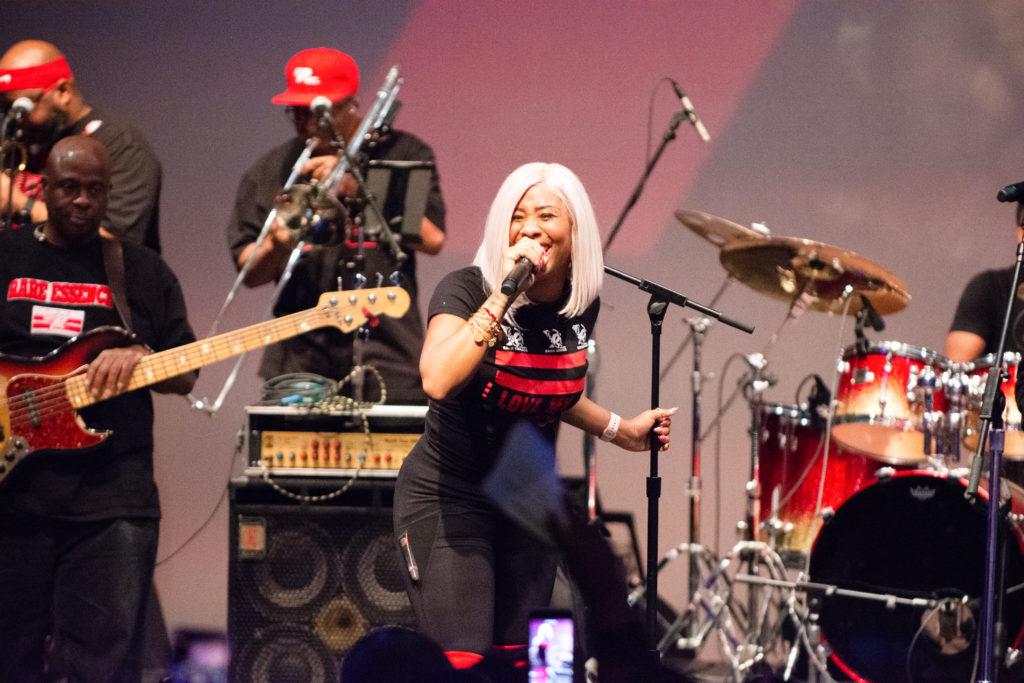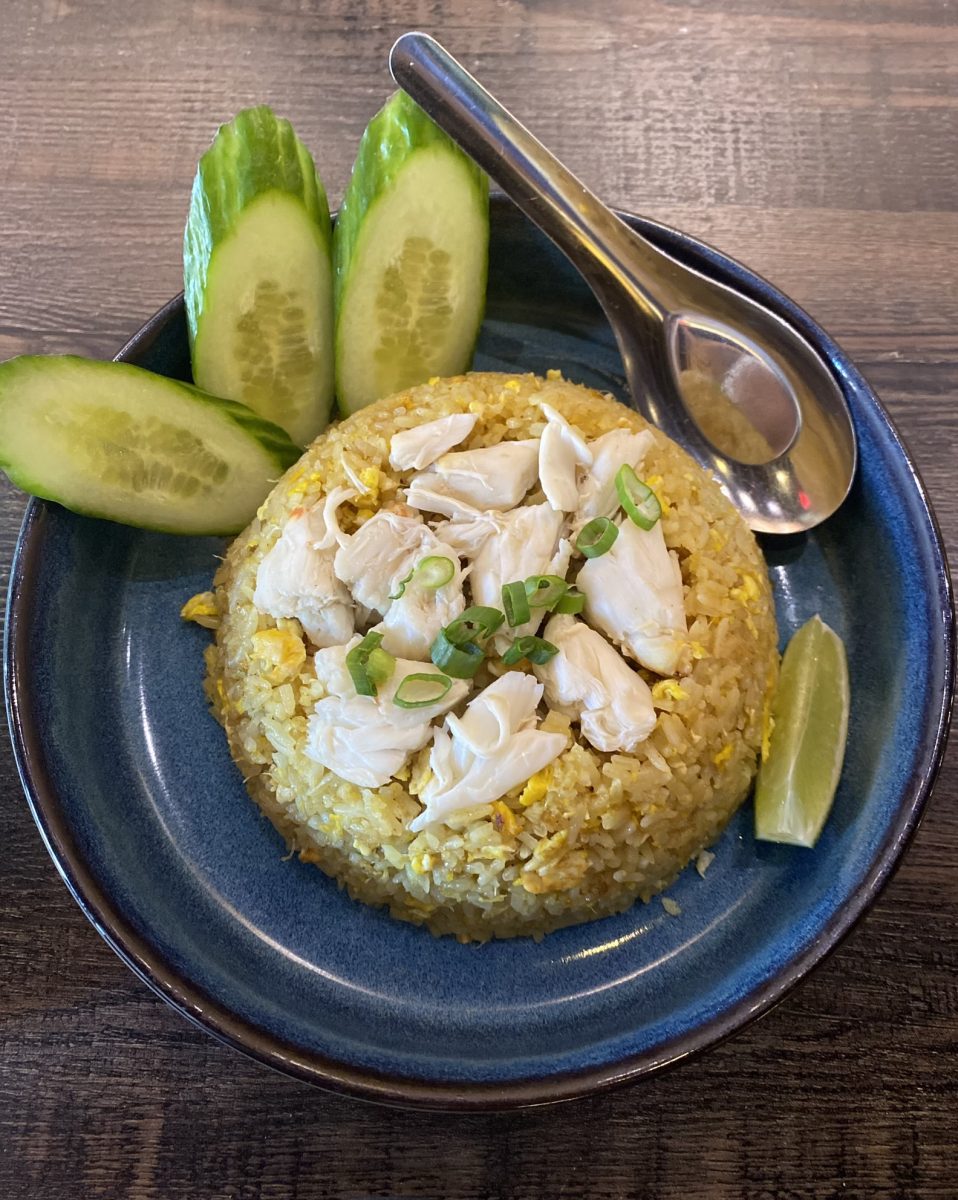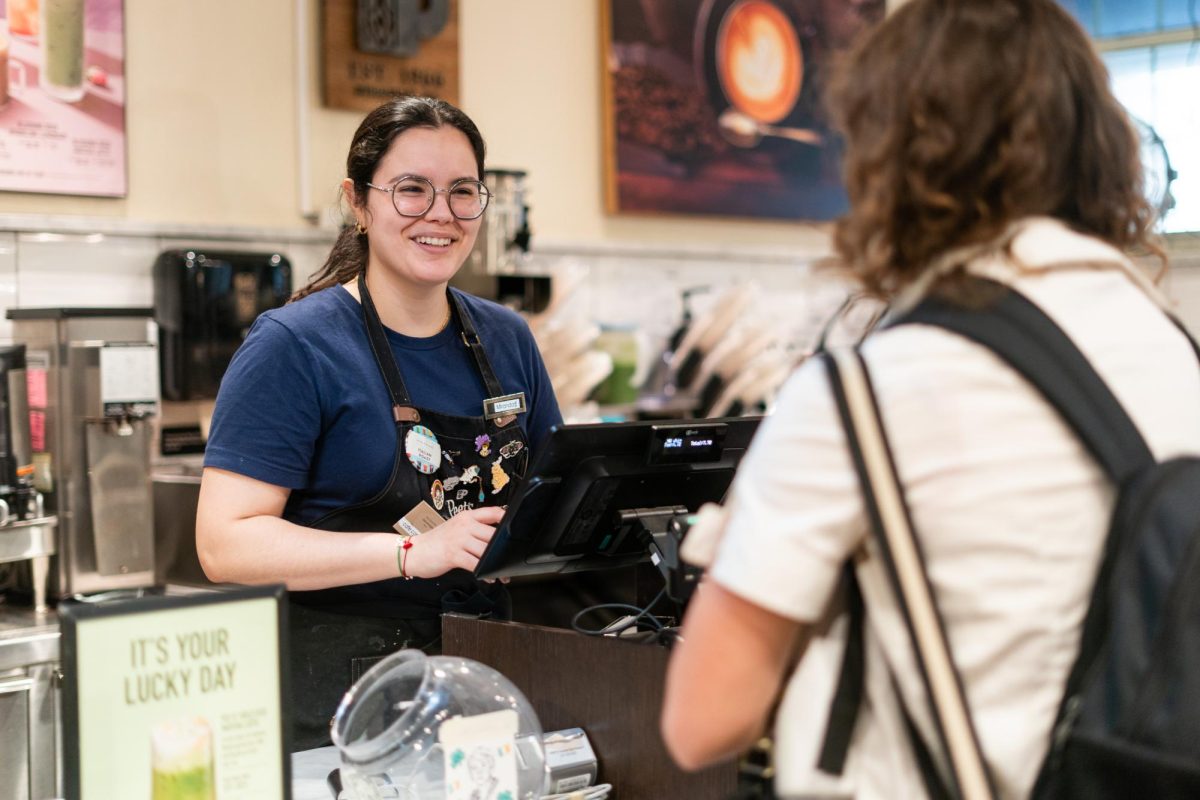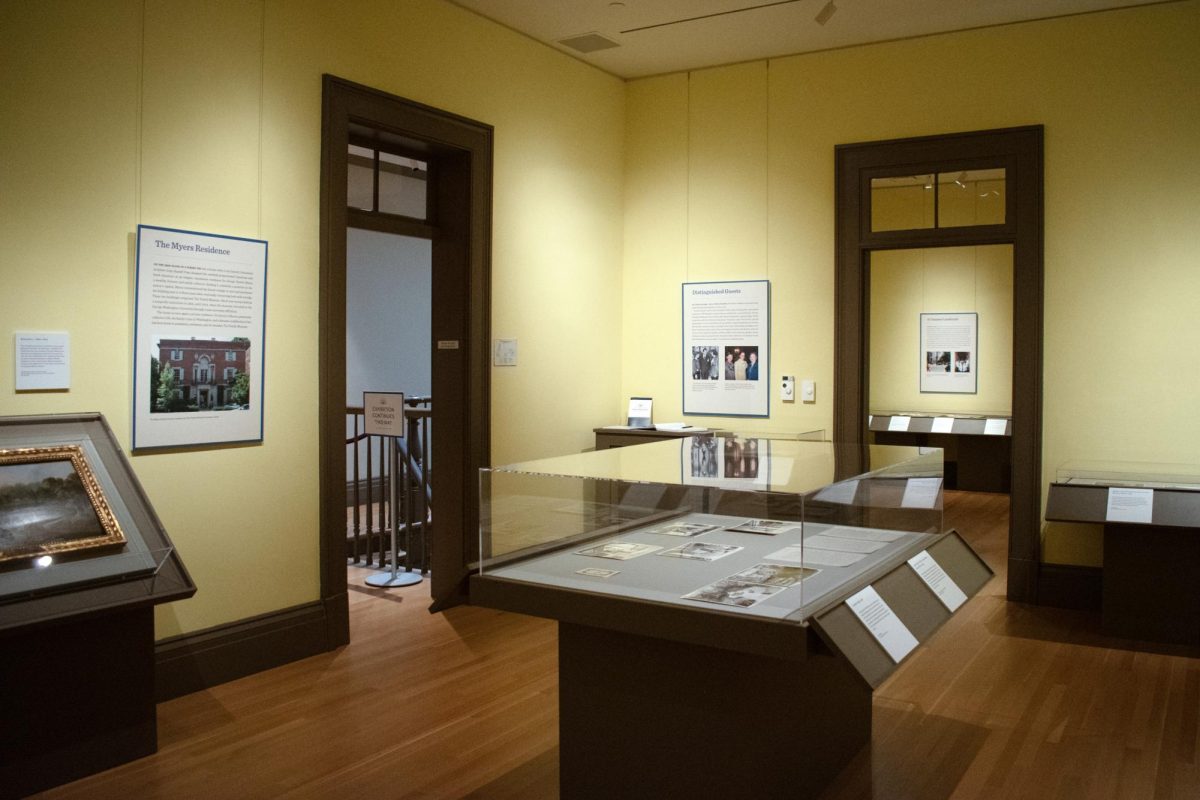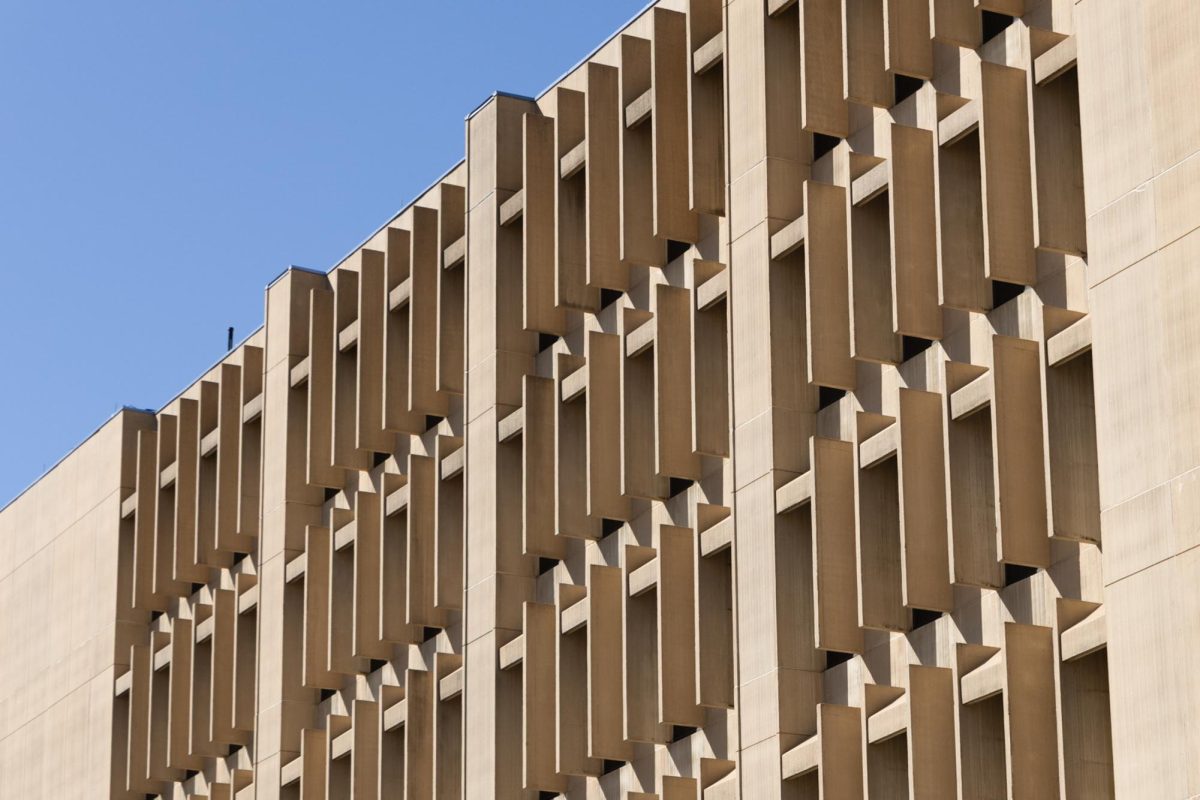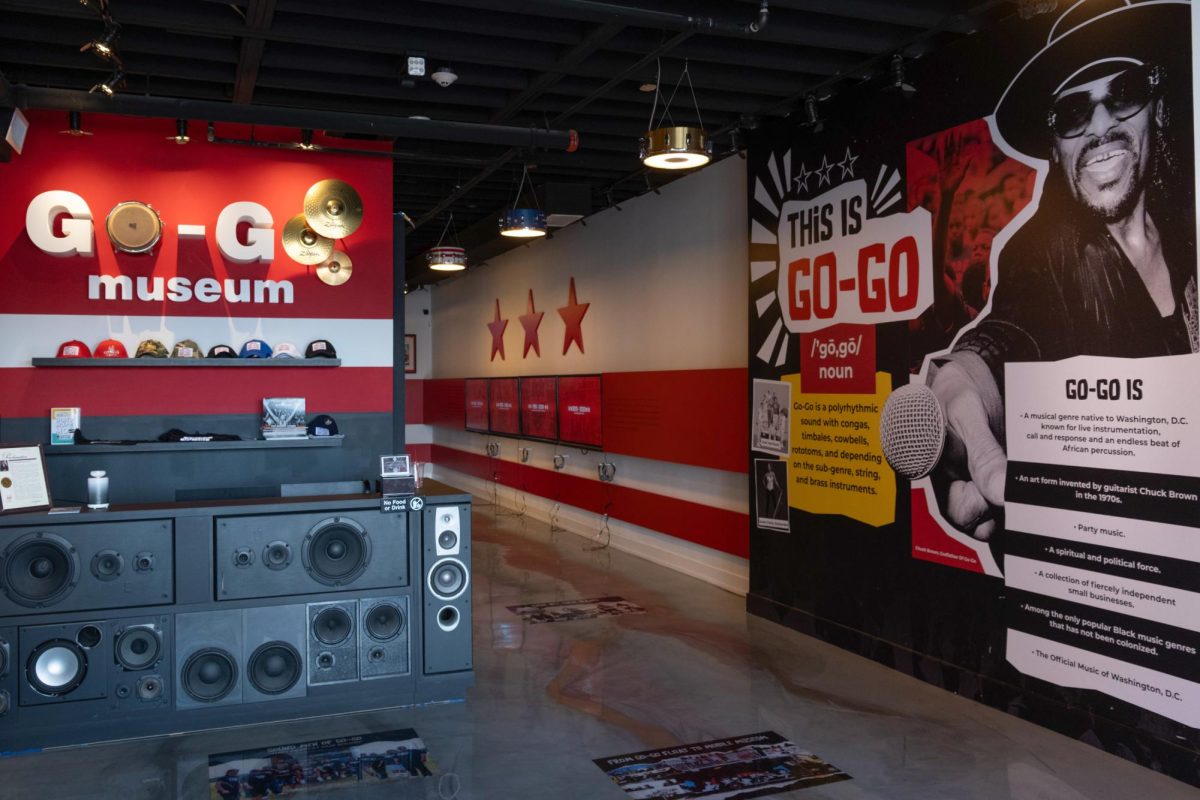D.C. is known for its monuments, museums and art, but the District has also adopted its own signature sound: go-go.
Mayor Muriel Bowser signed a bill making go-go the official music of D.C. late last month after the D.C. Council voted unanimously on the bill in January. Music professors and D.C.-natives said go-go, which was brought to D.C. in the early 1960s, has mostly remained popular in the District because it is best played live so performers can engage with the audience through call and response.
“Today, we’re going to let the world know that go-go is D.C.,” Bowser said at the signing. “We have to put our shoulders to the wheel to make sure we are creating a real legacy for generations to come.”
Gayle Wald, a professor of English and chair of the American studies department, said go-go was created by singer and guitarist Chuck Brown when he moved from the south to D.C. in the 1960s. Wald said the musician introduced a type of funk music that was influenced by rhythm and blues.
“Unlike a lot of other musical genres, go-go has an origin story,” Wald said. “He began to work with musicians and developed the trademark rhythms and sounds of go-go, and so there is no one who talks about go-go without talking about Chuck Brown.”
Unlike other regional styles of music like hip hop and jazz, go-go’s influence did not spread to other parts of the country outside D.C. because it was mostly played at live performances instead of on published tracks, adding that attending a go-go show is a large part of experiencing the music genre. She said artists like Justin Timberlake have tried out go-go music when they come to the District for concerts.
“Calling out your community, calling out your block is really important to go-go,” Wald said. “It’s all about place. It’s all about D.C.”
Wald said Bowser’s decision to make go-go the official music of D.C. now is likely tied to an incident last year when a new D.C. resident called to complain about a Metro PCS store that was blasting go-go music. The store was told to turn off the music, which resulted in “Don’t Mute D.C.” protests from people who worried that silencing the music was a sign of gentrification.
“My sense is that the decision, that I guess was the mayor and the city council to make go-go the official music was partly in response to the symbolic threat of its erasure, which was represented by this whole brouhaha over loud music being played,” Wald said.
Kip Lornell, an adjunct professor of ethnomusicology and history and the co-author of “The Beat! Go-go Music from Washington, D.C.,” said that despite the genre’s origin in D.C., it is difficult to find places to listen to go-go music. Lornell said there are one or two clubs in Ivy City that play go-go music on a regular basis, but the clubs are all 21 plus.
Bands like Sirius Company play go-go music at Ivy City’s City Winery every Wednesday.
“There are so relatively few number of the all-age go-go performance, which there used to be a lot of,” Lornell said.
He added that go-go may be heard in fewer parts of the District because people associate the genre with low class or violence.
“They’re looked upon as problematic and perhaps troublemakers,” Lornell said.
Despite being named the official music of D.C., fewer groups are playing go-go music. To remedy the issue, Lornell said the city should put money into supporting go-go through projects like a go-go museum that is under construction.
“That will really be the test as to how serious the city is,” Lornell said. “That, for me, would be a second and even larger step the city could take to really not just recognize go-go, but to support go-go in the way that it should be, not just associated with the city, but supported in a much broader and wider financial way.”
Freshman Anaya Shaw-Taylor said she began listening to go-go music in high school when her friends introduced her to the music genre. She said that while live venues are hard to find, go-go music is still prevalent in the DMV area.
Shaw-Taylor was born in D.C. and now lives near Bowie, Maryland, which she said is a popular area for go-go music. She grew up attending go-go concerts in Fairwood, Maryland, Shaw-Taylor said.
“Fairwood has this concert every summer at the end of the summer for like just bands to play,” she said. “A lot of the bands play go-go music. If anything, it’s getting more attention cause a lot of the bands, they play go-go music. They remix like popular songs. I know there was the Adele song, ‘Hello.’ Someone remixed it. It had go-go music with it.”
Shaw-Taylor said go-go is passed down by generations, which helps keep the music alive in her community of friends and family. She said one of her friend’s moms is from D.C. and influenced her daughter to listen to go-go music, who in turn introduced Shaw-Taylor to the genre.
“A lot of them were from the DMV area and that’s basically how they got introduced to it, and also around the Don’t Mute D.C. time it was on the news a lot and it really influenced the whole DMV about not muting go-go music because it was a big part of Maryland and D.C.,” Shaw-Taylor said.


